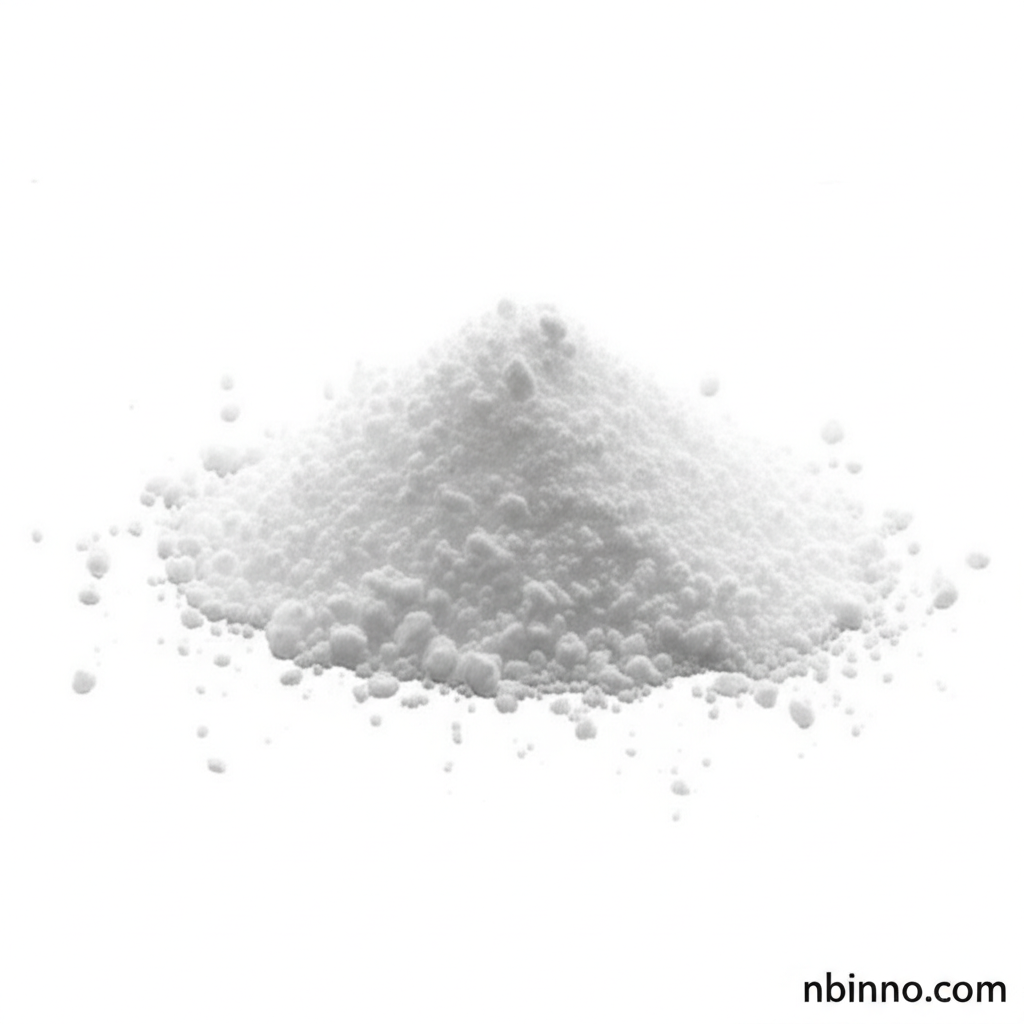Procaine Hydrochloride: A Comprehensive Guide
Explore the science, uses, and impact of this vital local anesthetic.
Get a Quote & SampleUnderstanding Procaine Hydrochloride

Procaine Hydrochloride
Procaine Hydrochloride is a synthetic organic compound renowned as a potent local anesthetic. Its primary function is to temporarily block nerve fiber conduction, providing localized pain relief, making it a cornerstone in many medical and dental procedures. It acts as a sodium channel blocker, preventing the generation and transmission of nerve impulses.
- Leveraging procaine hydrochloride local anesthetic properties for effective pain management in various procedures.
- Discover the medical applications of procaine, from routine dental work to more complex nerve blocks.
- Understand the mechanisms behind nerve block anesthesia procaine utilizes for targeted pain relief.
- Explore why procaine hydrochloride sodium channel blocker action is crucial for its anesthetic efficacy.
Key Advantages and Innovations
Historical Significance
As a pioneering substitute for cocaine, Procaine Hydrochloride laid the groundwork for modern local anesthesia, offering a safer profile with less toxicity and addiction potential.
Targeted Pain Relief
The precise action of procaine hydrochloride for dental anesthesia ensures patients experience minimal discomfort during treatments, enhancing the overall patient experience.
Cost-Effectiveness
In many regions, the accessibility and affordability of Procaine Hydrochloride make it a preferred choice for procaine hydrochloride buy options, ensuring wider availability of pain management.
Key Applications
Local Anesthesia
Procaine Hydrochloride's primary role is in providing temporary local anesthesia, crucial for minor surgical procedures and routine medical interventions.
Dental Procedures
Widely used in dentistry, it numbs the area around a tooth, enabling painless dental work, a key aspect of dental anesthesia procaine hydrochloride.
Nerve Block Anesthesia
Administered near specific nerves, it blocks sensation in a larger bodily area, vital for procedures on limbs or the face, as seen in nerve block anesthesia procaine applications.
Spinal Anesthesia
In specific medical contexts, it's injected into the spinal fluid for anesthesia during lower body surgeries, highlighting the versatility of procaine hydrochloride applications.
